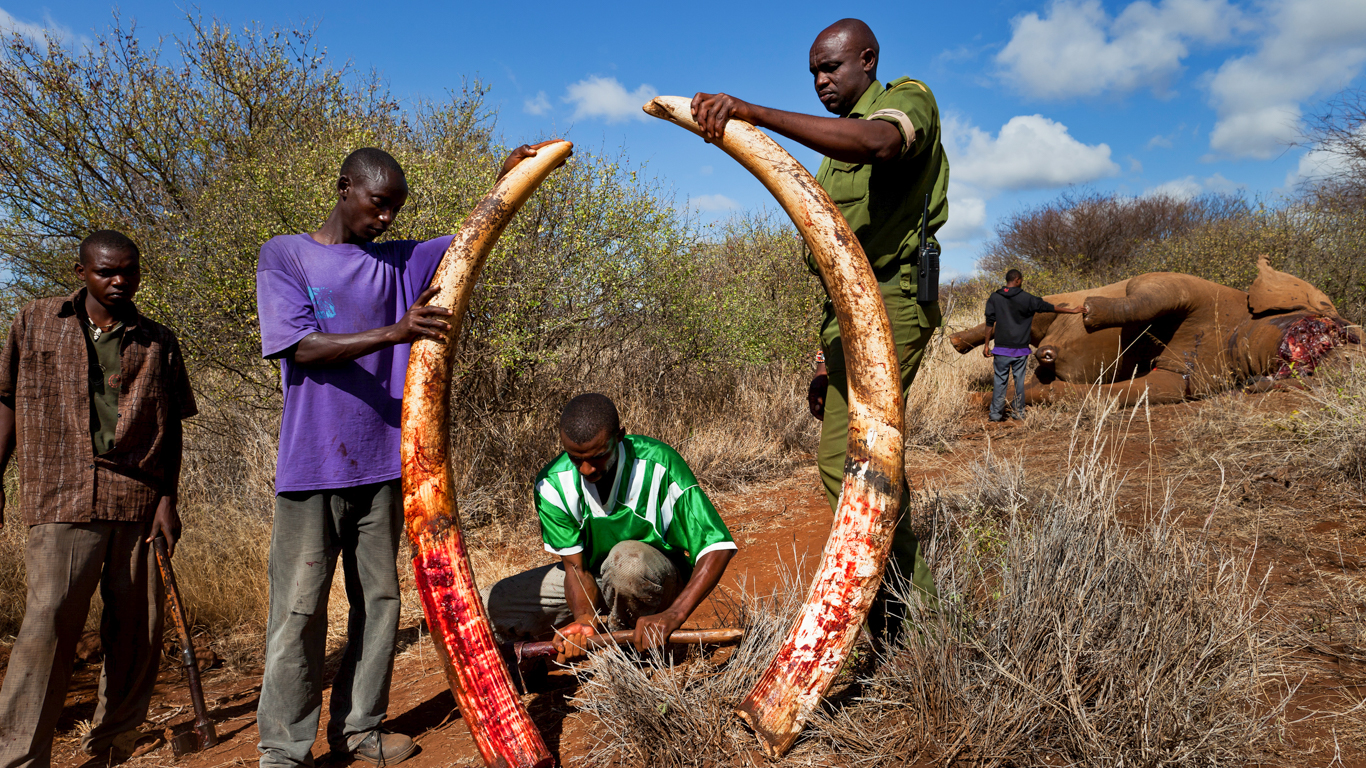The elephant population in Africa is in the midst of a devastating poaching crisis. At least 20,000 African elephants are killed each year for the illegal ivory trade, driving them headlong to extinction. Routinely, we have to deal with the harrowing sight of the bloody, butchered carcass of a once magnificent animal, its tusks hacked from its face and its body riddled with bullets.
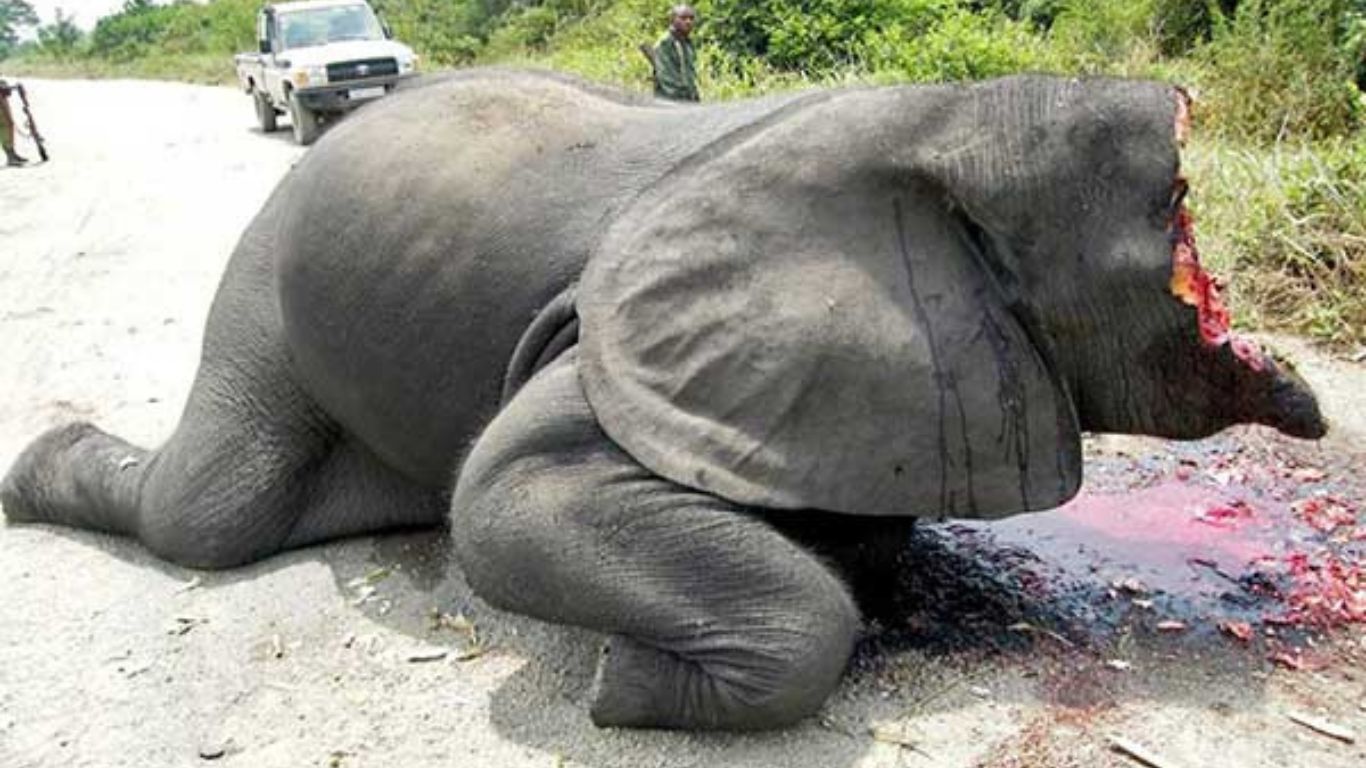
The situation is utterly horrific, but we have good news…
A brilliant scientist has come up with technology that, using artificial intelligence (AI), will completely revolutionize the way we track and monitor endangered wildlife species and save countless lives.
Existing tracking devices are fitted around the neck, and are heavy, cumbersome and expensive. They can tell you where an elephant is, but nothing else. The new devices fit around an ankle; they are lighter, cheaper and provide a mass of detailed vital information. The AI will monitor every movement the elephant makes, in real time, while continuously monitoring its vital signs to tell you how it is feeling. At the first sign of anxiety, the AI will send a message via satellite to anti-poaching teams, who can then respond instantly. At the moment, using the old tracking devices, it can take days to realize something is wrong, and by then, it is far too late. The elephant will be dead, and its tusks on their way to China.
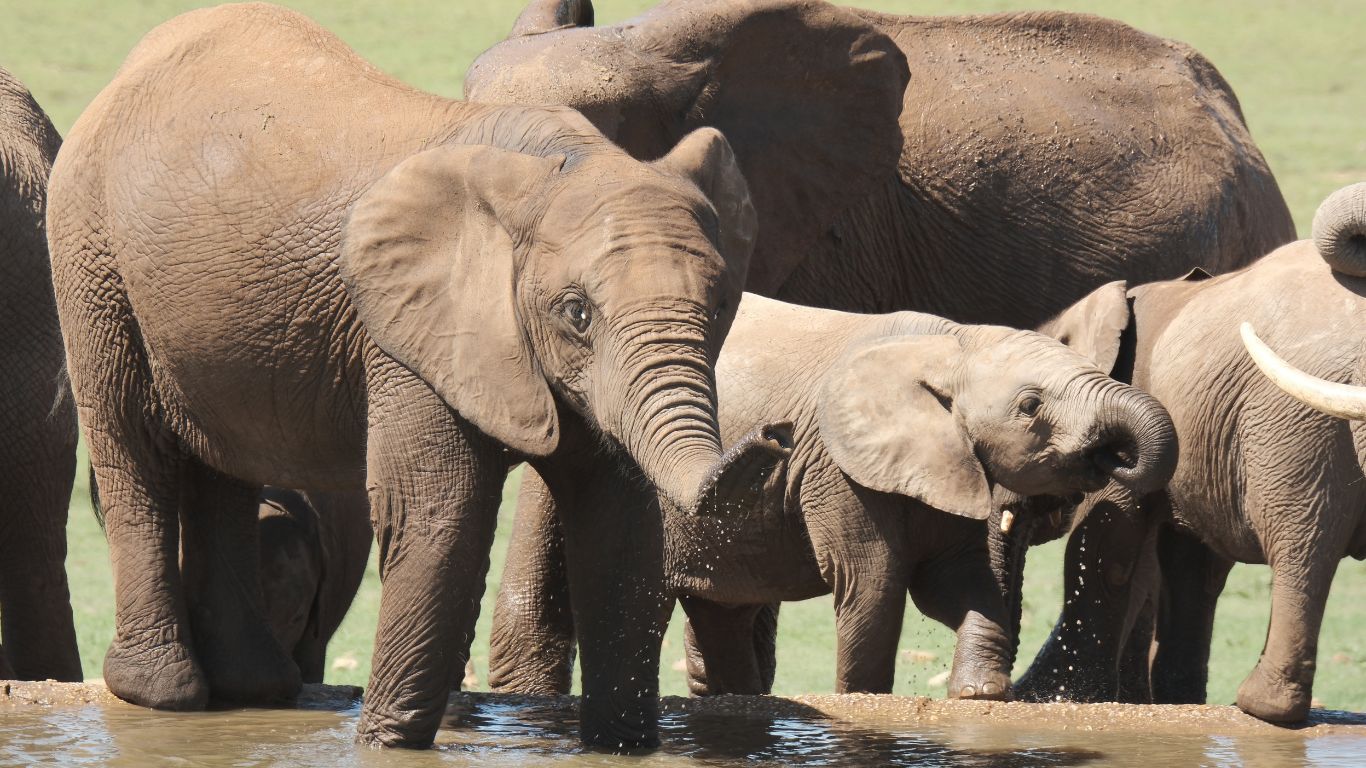
The new devices were invented by Dr SP Le Roux, a scientist at Stellenbosch University in South Africa, who was awarded a PhD for his work. There is no doubt that the devices will usher in a new era and the day can’t come soon enough for elephants in poaching areas. There is an upsurge of poaching in the area around Addo National Park and elephants are in danger. With your help, we will fit Addo’s elephants with the new devices. We have set ourselves a deadline of one month to do so… that’s how urgent the need is.
We need your support to fit the tracking devices to an elephant family, who live worryingly close to a poaching hotspot.
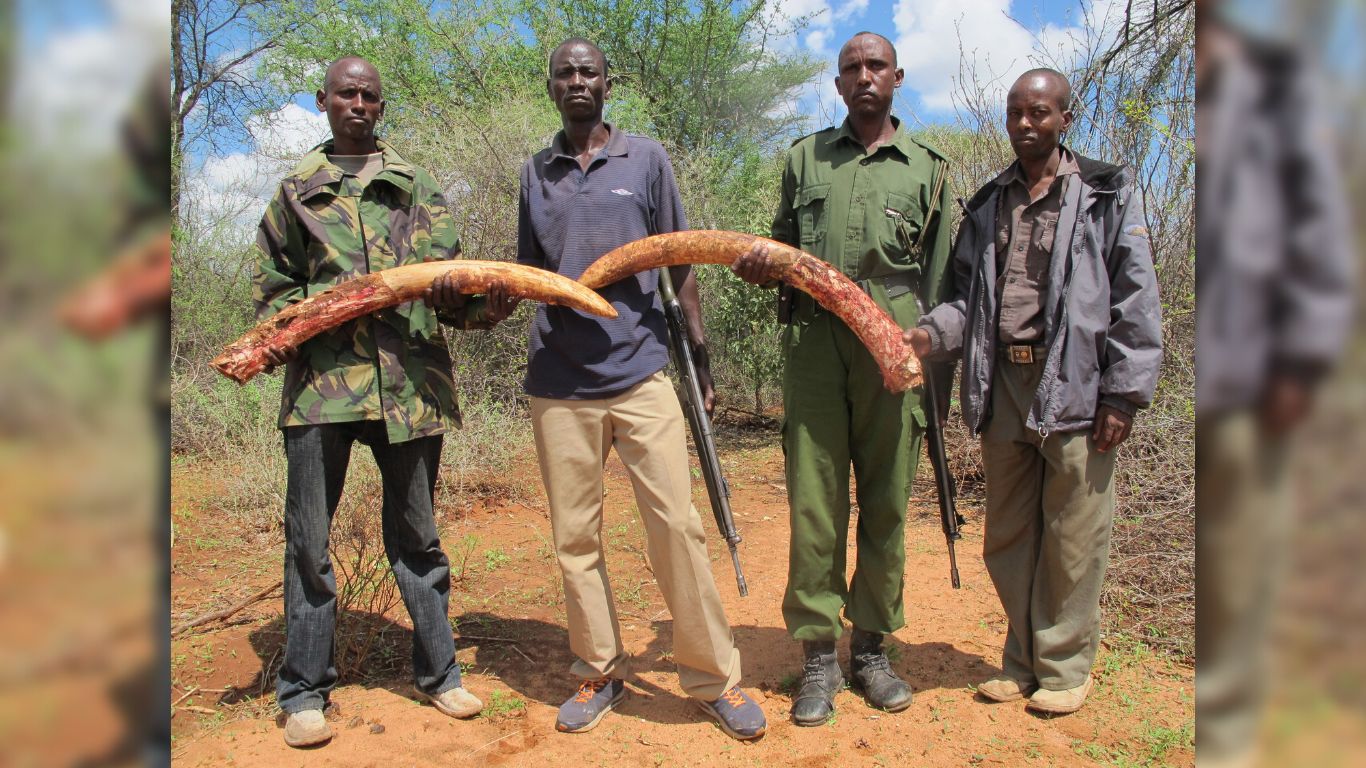
Today, there are only about 415,000 elephants left in Africa – a staggering decline from over 5 million less than a century ago. Both species of African elephant are listed on the International Union for the Conservation of Nature’s (IUCN) Red List of Threatened Species. The African forest elephant is critically endangered, while the African savanna elephant is endangered.
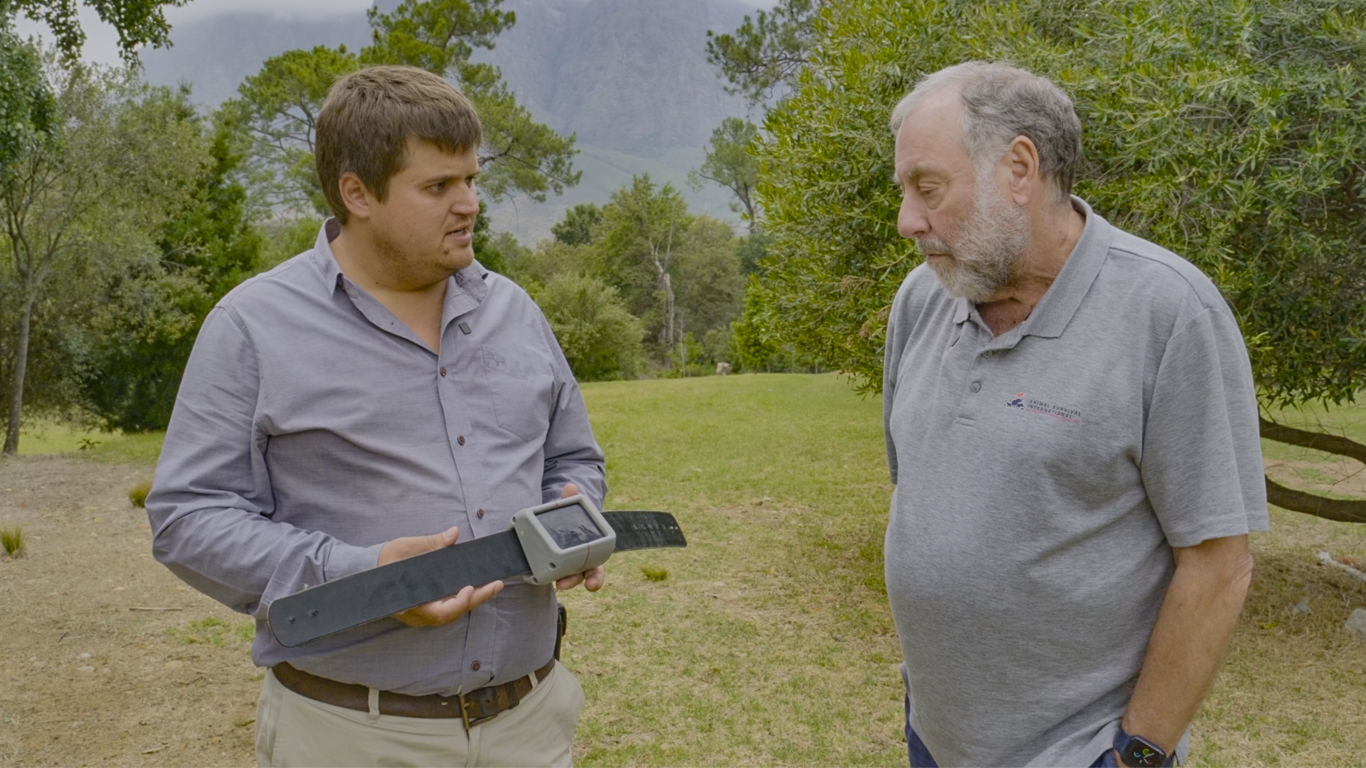
ASI works extensively in Africa and perhaps has a better idea than most of the severity of the situation for elephants and how important it is to protect them. We are at war with poachers, and the reality is that the international criminal gangs that control poaching are becoming ever more sophisticated. They use modern weapons, pay huge bribes to get inside information and are expert smugglers. Those of us who care about the wild must up our game if we are to save an enormously important endangered species. These new devices will give elephants a better chance. We need YOUR support to do so!
If we can raise $16,000 (around £13,000), we can purchase SEVEN state-of-the-art tracking devices for endangered African savanna elephants of the Addo Elephant National Park. Please, will you help us?
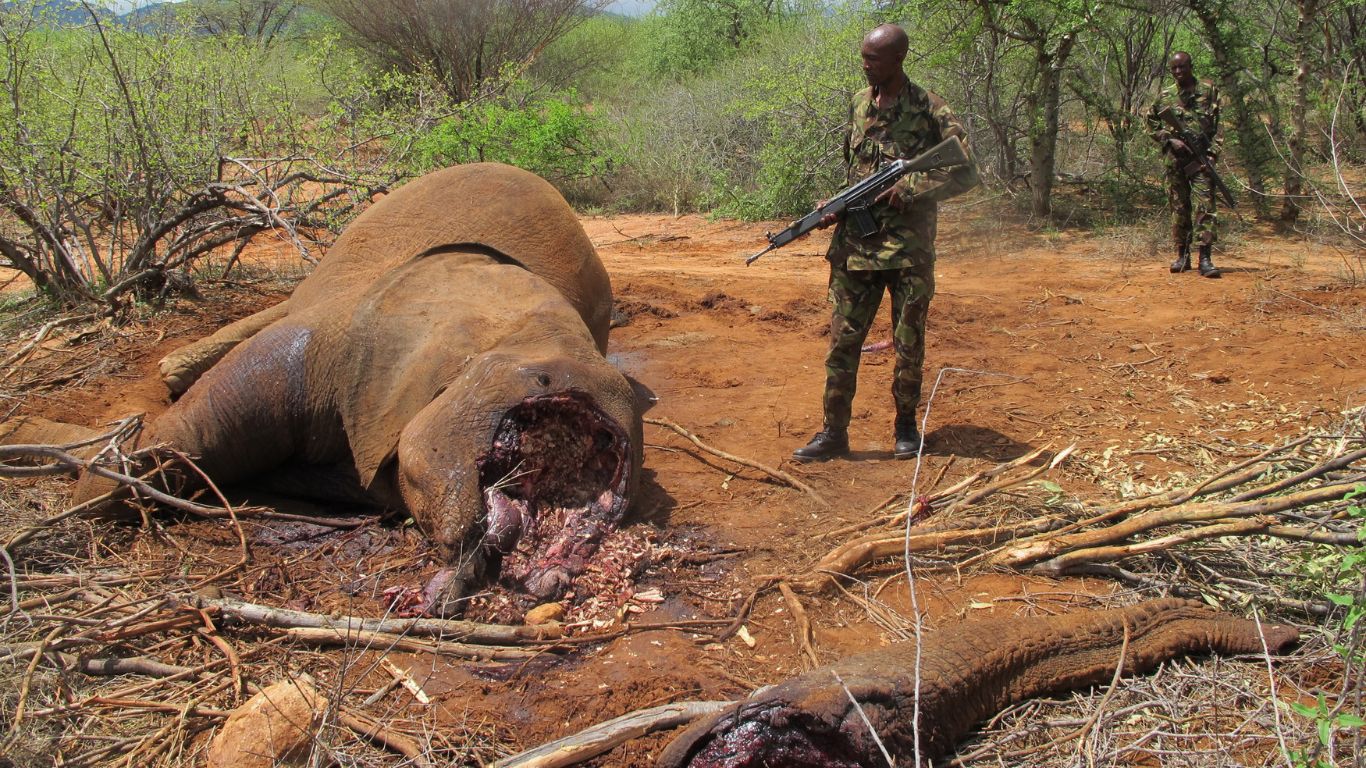
The illegal wildlife trade is one of the most lucrative illicit trade sectors globally, with thousands of wildlife species, worth billions of dollars, being poached annually. Apart from the loss of a culturally significant icon, elephant poaching threatens the vital role that elephants play in maintaining healthy ecosystems as keystone species. Please donate as generously as you possibly can RIGHT NOW.


